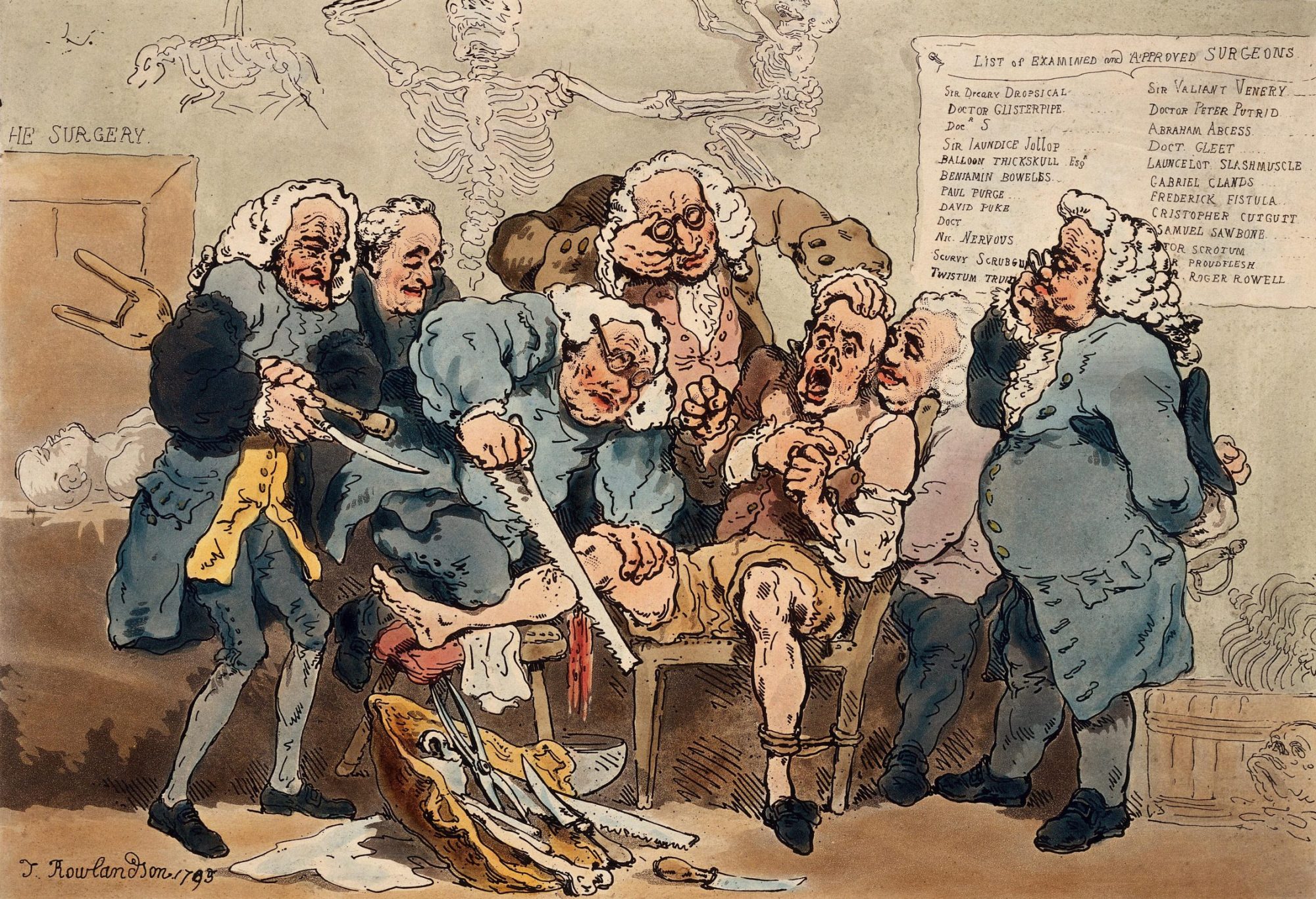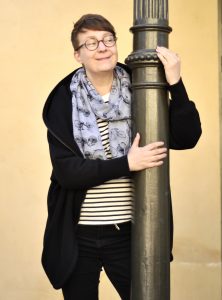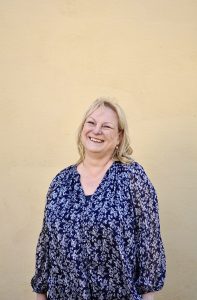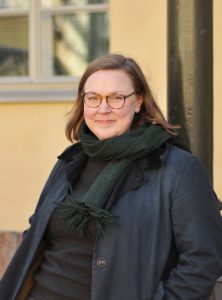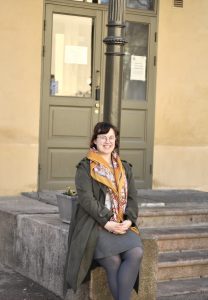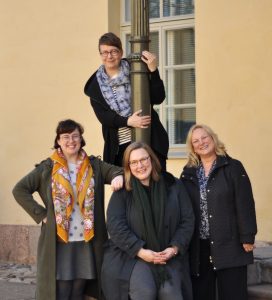
We are a research team of four researchers. Here, you can get to know our research team!
Associate Professor Soile Ylivuori
Project Leader
Dr. Soile Ylivuori received her doctoral degree from the University of Helsinki in 2016, where her dissertation on 18th-century women’s subversive use of embodied politeness was examined by Karen Harvey (Sheffield) and Ludmilla Jordanova (Durham) and awarded the highest degree. Dr Ylivuori has previously held an Academy of Finland Postdoctoral Fellowship at University of Helsinki, Marie Skłodowska-Curie Research Fellowship at QMUL, and a Beinecke and Lewis Walpole Library Research Fellowship at Yale, as well as worked as a visiting researcher at UCLA and University of Cambridge. In addition, she was a Core Research Fellow at the Helsinki Collegium for Advanced Studies (HCAS).
She has published extensively on the history of the body, gender, experience, and the circulation of knowledge and power. Her publications include the monograph Women and Politeness in Eighteenth-Century England (Routledge, 2019) as well as peer-reviewed articles in journals including Historical Journal and Cultural & Social History. She is currently finalising her second monograph which engages with the history of embodiment, emotions, and experience by examining the 18th-century British Caribbean as a space of decomposition of bodies and matter.
Dr Anu Korhonen
Senior Researcher
Dr Anu Korhonen is senior lecturer in European Cultural Studies and a cultural historian of early modern Europe who works at the Department of Cultures, University of Helsinki. Her fields of interest include history of gender, emotions and the body as well as humour and laughter. Since her PhD on early modern fools (1999) she has published three books, on historical theory (2005, together with Marjo Kaartinen), early modern bodily beauty (2005), and early modern jestbooks and gendered humour (2013). In her articles she has studied a variety of topics, such as corporeal and disability humour, emotions and affects, hair and baldness, violence against women, and black Africans in early modern England. Her latest work deals with the affective content and cultural meanings of nightmares and bad dreams in a long-term Finnish perspective, and will come out in book form in 2024. In the Experiencing Agony project, she will study physical and emotional pain through a transatlantic lens, focusing especially on the seventeenth century.
Dr Eva Johanna Holmberg
Senior Researcher
Dr Eva Johanna Holmberg (she/her), FRHistS, is a University Researcher at the Department of Philosophy, History, and Art Studies at the University of Helsinki. Holmberg is a Trustee and a council member of the Hakluyt Society and a co-convener of the longstanding Institute of Historical Research seminar, Society, Culture, and Belief, 1500-1800. She has held research fellowships at Birkbeck, QMUL, NYU Medieval and Renaissance Center (MARC), Helsinki Collegium for Advanced Studies (Core Fellow in 2013-2016), and University of Sussex.
Holmberg’s research interests include cross-cultural encounters, Anglo-Ottoman exchanges, and the cultural history of mobility and travel, including its bodily, sensory, and emotional experiences. She is the author of two books: Jews in the Early Modern English Imagination: A Scattered Nation (Ashgate, 2012) and British Encounters with Ottoman Minorities in the Early Seventeenth Century: ‘Slaves’ of the Sultan (Palgrave, 2022). From 2016 to 2022 Holmberg was an Academy of Finland Research Fellow. Her project focused on the entanglements of manuscript travel writing and life writing in seventeenth-century Britain, and has yielded several publications, including a forthcoming Cambridge Element in Travel Writing, Writing Mobile Lives, 1500-1800.
In the Experiencing Agony project, Holmberg will focus on the long seventeenth-century experiences of the discomforts and ailing of mobile English people, following their suffering footsteps to India, the Eastern Mediterranean, and the Atlantic world.
Clarice Säävälä, MA
Doctoral Researcher
Clarice Säävälä received a Bachelor of Arts in History in 2015, and a Master of European Studies in 2018 from the University of Helsinki. Her thesis focused on working-class women in nineteenth-century Britain and their use of Spiritualist practices to subvert gender roles. She previously worked as a research assistant for the University of Helsinki, and co-edited the volume Men, Masculinities and the Modern Career (2020). Her doctoral research will focus on written self-representation in nineteenth-century Britain, and the ways in which women of different social classes wrote about their own experiences and embodiment of pain.
